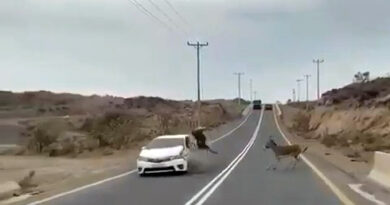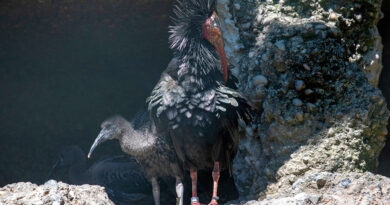Deadly Elephant Virus Kills Two Calves At US Zoo Days Apart
A deadly elephant virus has killed two calves at a New Mexico zoo just days apart.
The Albuquerque Biological Park (ABQ BioPark), based in the city of Albuquerque in the US state of New Mexico, said in a statement that Jazmine, 8, died after her younger brother Thor passed away with the same virus on Christmas Day.
The calves died of elephant endotheliotropic herpesvirus, which can cause a fatal haemorrhagic disease when contracted by young Asian elephants. The virus killed the calves’ older sister Daizy in 2015.
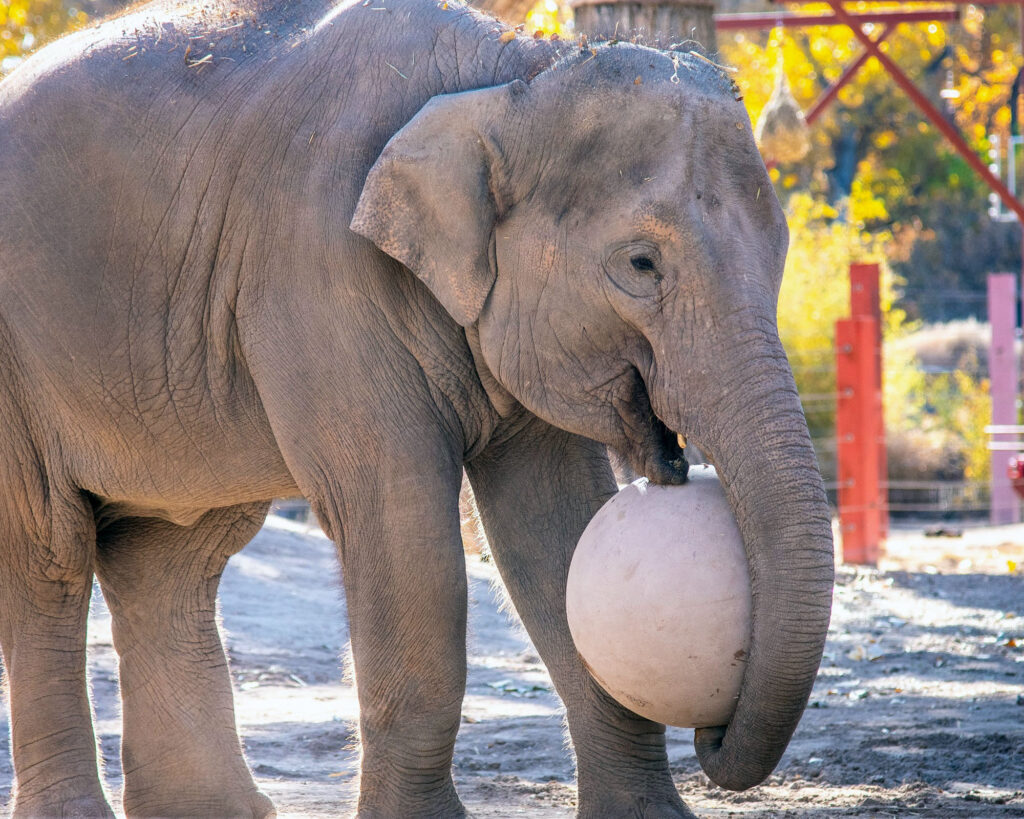
ABQ BioPark said on social media on 3rd January: “After being diagnosed with elephant endotheliotropic herpesvirus (EEHV), Jazmine, the ABQ BioPark’s eight-year-old Asian elephant, died from the effects of her infection on January 2.
“The BioPark provided round-the-clock treatment since the virus was first detected in Jazmine’s bloodwork on December 28. The same virus claimed the life of her brother Thorn on Christmas Day.
The park’s director Stephanie Stowell said: “The BioPark’s elephant experts and veterinary teams did everything in their power – and then some – to help Jazmine, and Jazmine matched their efforts every step along the way. True to her strong-willed nature, Jazmine fought valiantly against the disease.
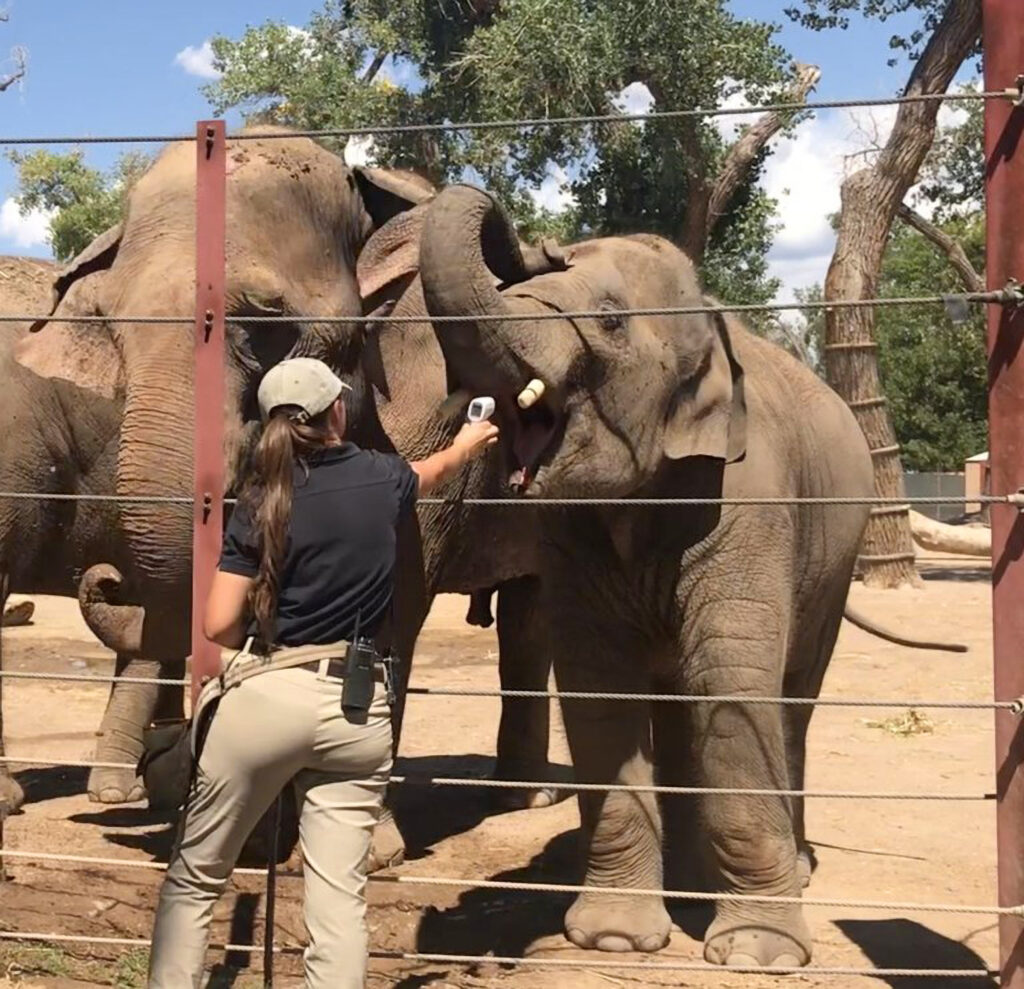
“Adding to the anguish of losing a beloved animal, Jazmine’s death marks a considerable loss to the future of Asian elephants. Jazmine was on a carefully planned path to become an elephant matriarch.”
The zoo said: “Because of the BioPark’s innovative elephant care program, Jazmine grew up in an educated and multi-generational herd. Just like elephants in the wild, Jazmine was present when her brother Thorn was born.
“Human caretakers had to teach Jazmine’s mother Rozie how to be a mother, but Jazmine learned about birthing, nursing and caring for calves by watching her elephant mother.
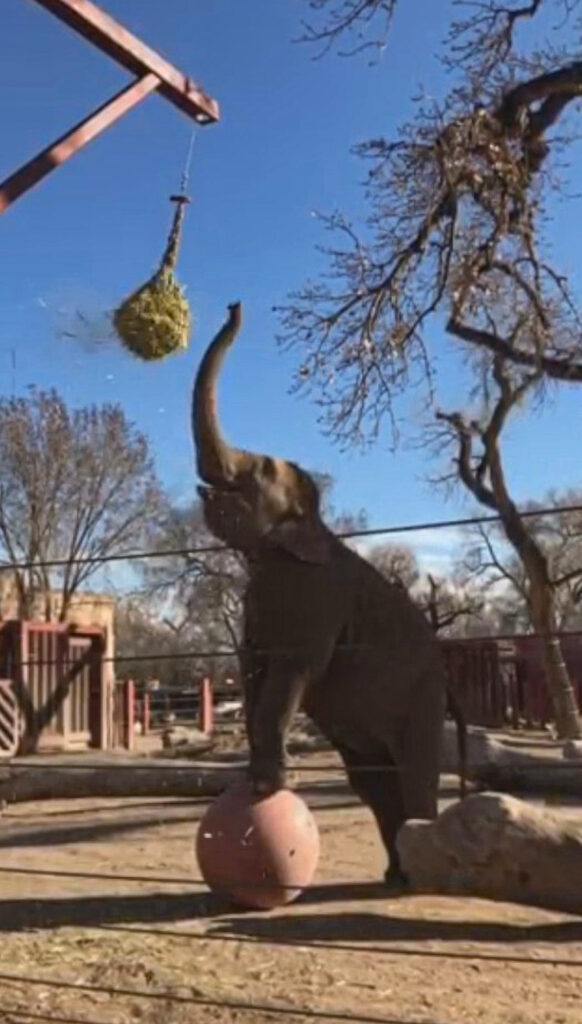
“Had Jazmine survived, her skills and experiences would have enabled her to raise her own calves and lead elephants in her own multi-generational herd. The BioPark’s investment in Jazmine’s livelihood led the way for other accredited zoos to adapt their elephant care programs.
“Jazmine’s short life will have a long term impact on other elephants in human care as well as in the wild.”
Stowell explained: “All elephants can carry EEHV in a latent state through their entire lives without negative effects. It is not known why the virus sometimes comes out of latency.
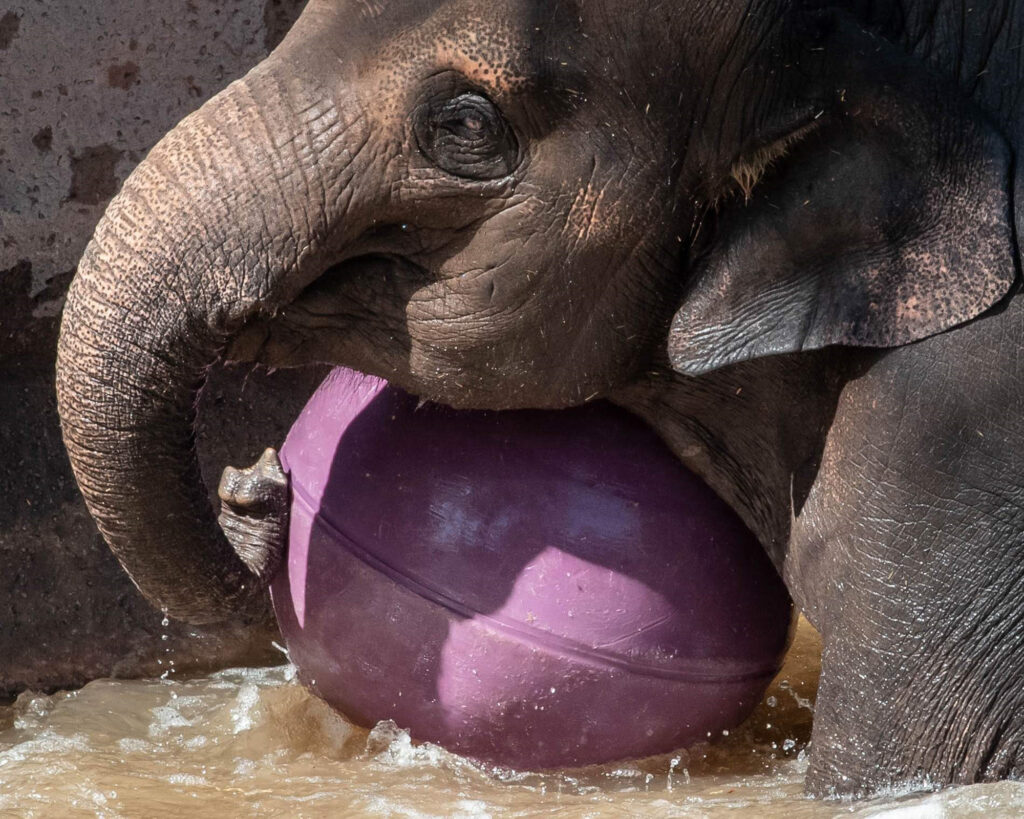
“Elephants are most susceptible to EEHV from 18 months to 8 years of age. EEHV causes hemorrhagic disease that can be fatal for young elephants. It is the leading cause of death for Asian elephant calves and can strike elephants in the wild and in human care.
North American EEHV Advisory Group spokesperson Erin Latimer said: “The global elephant community, including the North American EEHV Advisory Group, is working to fight this disease and prevent more deaths by sharing research results, samples, and treatment outcomes, and providing support for range country colleagues.
“Each case of EEHV hemorrhagic disease (EEHV HD), while tragic, does provide us with more information on its causes, transmission, and treatment. The elephant community rallied around ABQ BioPark to provide support with husbandry, treatment, and testing.
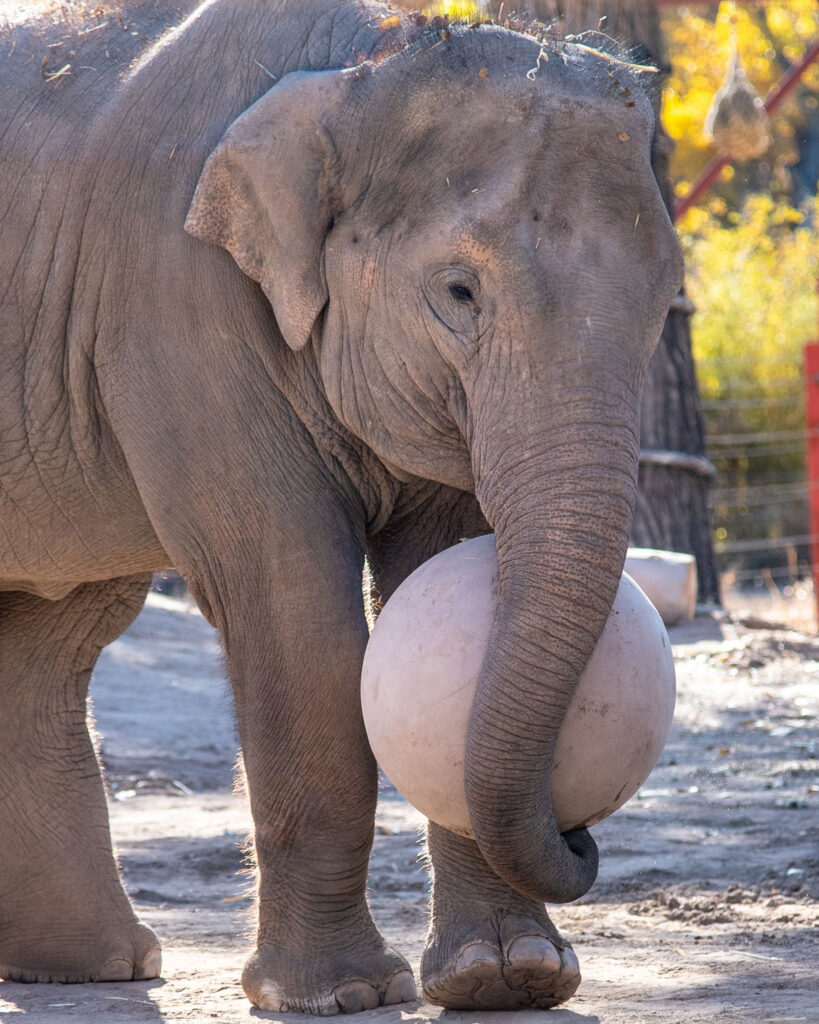
“We are devastated by these latest two deaths, and we hope that the incredible cooperation amongst our colleagues will continue to provide answers on how best to prevent these deaths.”

